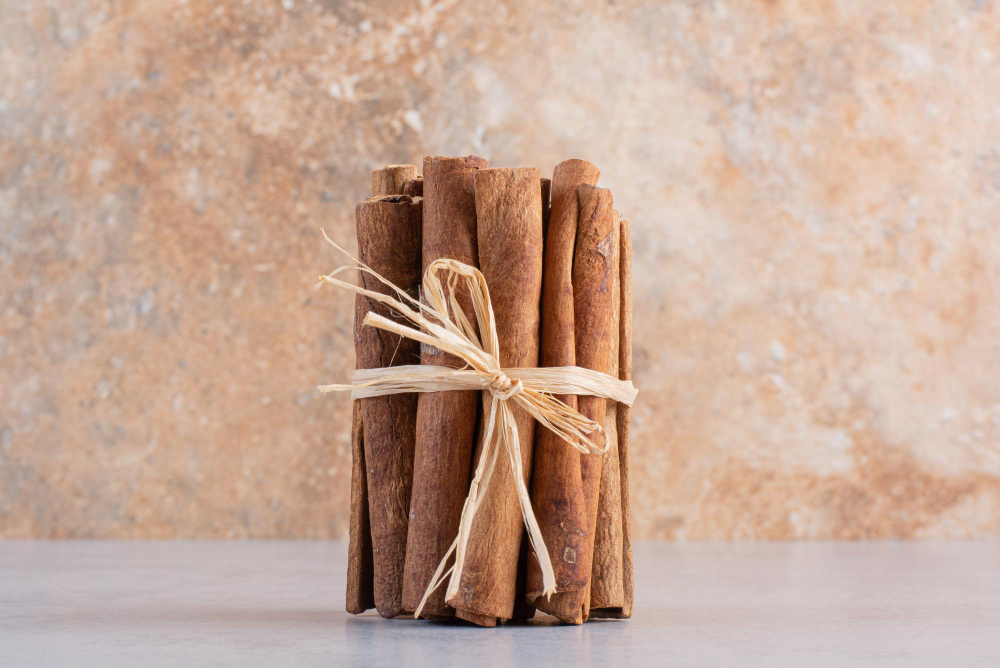Step into the world of sandalwood, a fragrant and revered wood known for its aromatic properties and spiritual significance. For centuries, sandalwood sticks have been used in various cultures for their therapeutic benefits and as an integral part of rituals and ceremonies. In this article, we embark on a journey to explore the captivating history, benefits, and rituals associated with harnessing the power of sandalwood sticks. Get ready to immerse yourself in the enchanting world of this aromatic treasure.
Fragrant Legacy: The Rich History of Sandalwood
Delve into the ancient history of sandalwood, which dates back thousands of years. Across different cultures, sandalwood has been highly valued for its unique fragrance and believed spiritual properties. From its origins in India, where it is considered sacred and used in religious ceremonies, to its presence in Chinese, Japanese, and Ayurvedic traditions, sandalwood holds a significant place in the cultural and spiritual tapestry of the world.
Therapeutic Aromatherapy: The Benefits of Sandalwood Fragrance
The scent of sandalwood has a calming effect on the mind, helping to reduce stress, anxiety, and insomnia. It is also known for its ability to promote mental clarity and relaxation. Whether used in essential oil form or through burning sandalwood sticks, the aroma of sandalwood can transform your environment into a sanctuary of peace and serenity.
Sacred Ceremonies: Sandalwood in Rituals and Worship
Sandalwood has long been an integral part of religious rituals and worship in various cultures. From the burning of sandalwood sticks as incense in Hindu temples to its use in Buddhist ceremonies, sandalwood is believed to purify the environment, create a sacred atmosphere, and aid in spiritual practices. The fragrant smoke from sandalwood sticks is thought to carry prayers and intentions to the divine realm, fostering a connection between the earthly and the divine.
Meditation and Mindfulness: Enhancing Spiritual Practices
Sandalwood sticks play a significant role in meditation and mindfulness practices. The soothing aroma of sandalwood can help create a conducive environment for deepening concentration and focus during meditation. By incorporating sandalwood into your meditation routine, you can enhance your spiritual journey, promote a sense of inner calm, and facilitate a deeper connection with yourself and the present moment.
Natural Skincare: Sandalwood’s Beauty Secrets
Beyond its aromatic allure, sandalwood also offers beauty benefits for the skin. The essential oil derived from sandalwood has been used for centuries in skincare regimens due to its moisturizing and anti-inflammatory properties. It can help soothe dry and irritated skin, reduce blemishes, and promote a youthful complexion. Incorporating sandalwood-infused skincare products or using sandalwood sticks in face masks and toners can bring a touch of natural luxury to your skincare routine.
Cultural Crafts: Artistic Expressions with Sandalwood
Sandalwood is not only treasured for its fragrance and therapeutic properties but also valued for its use in artistic craftsmanship. In many cultures, skilled artisans carve intricate designs and sculptures from sandalwood, showcasing its beauty and cultural significance. These exquisite creations, such as sandalwood figurines and jewelry, are a testament to the craftsmanship and reverence given to this precious wood.
Sandalwood Sticks: Weaving Fragrance and Spirituality into the Human Experience
Sandalwood sticks have woven themselves into the tapestry of human history, carrying a fragrance of spirituality, serenity, and therapeutic benefits. From ancient rituals to modern-day practices, sandalwood continues to captivate with its aromatic allure and cultural significance. Whether used in ceremonies, aromatherapy, skincare, or artistic expressions, the power of sandalwood is harnessed in various ways to enhance our well-being and connect us to the deeper realms of the human experience.



